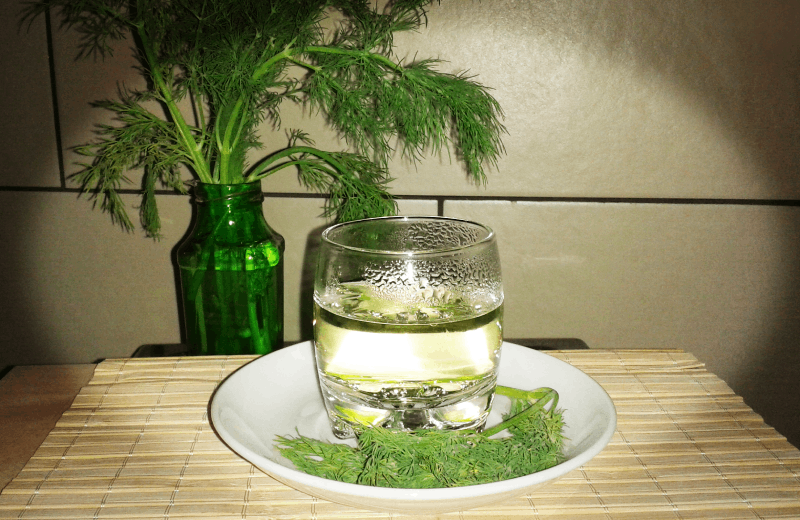A sweet smell attracted our tiny bat. It looks like fennel, tastes like fennel, so it must be dill! It lacks the anise or licorice notes that fennel has, however, dill is still on the sweet side, maybe more delicate and mild in flavor. Like all herbs, it’s packed with benefits and nutrients so adding it to your infusions does more than simply sweeten the taste mildly. On its own it creates a very mild beverage, however, mixing it with a few other herbs and spices this herb creates an amazing Delicate Infusion that is full of mild sweet notes! So now, let’s take a deeper look at what dill is.
What is Dill?
This time we have an annual herb from the celery family. It grows widely in Eurasia and both its leaves and seeds are used as aromatic herbs especially when pickling food. It grows up to 60cm and has very delicate thread-like leaves. Dill has been found in an Egyptian tomb dating 1400BC, so this is another herb that has been with us and used for a very long time!
A closer look at its chemical profile will show that dill contains both Apiole (an oil found mostly in parsley and celery) as well as dillapiole (an oil found mostly in dill but also in fennel root). It also contains oils like carvone (also found in caraway seeds and spearmint), limonene (the major component in citrus fruit peel oils), myristicin (an insecticide commonly found in herbs and spices but mostly found in nutmeg), and umbelliferone (a natural product of the coumarin family. Dill is loaded with Vitamin A and Vitamin C (even more than citrus), has a good amount of manganese and iron, and also contains folate and riboflavin (it has most of the Vitamin Bs excluding Vitamin B12). So now that we took a closer look at this herb, let’s see what it is good for (besides adding flavor to foods and drinks of course).
Health Benefits
Dill gives a boost to your vision, skin, bones, cells, and immunity system. It is rich in antioxidants and has some potential in helping with heart disease, blood sugar problems, and even cancer. But let’s see a list of benefits that are usually linked to this herb:
- Soothe the digestive and intestinal systems
- Antibacterial and anti-inflammatory properties
- Calms fevers
- Helps against colds, flu, and bronchitis
- May help with kidney disease
- May help with heart disease
- Promotes brain function
- Supports a healthy immune system
- Helps against insomnia and sleeping disorders
- Soothe spasms and cramps (including menstrual cramps)
- Promotes healthy bones
Side Effects
Like most herbs, dill is safe to use in moderate consumption with rare allergic reactions. We always suggest that you consult your doctor if you are on some medications and want to start in taking dill in significant dozes (sprinkling it occasionally on your food, or having an infusion once in a while shouldn’t do any harm), however, it is even more recommended that you do consult your doctor if you are prescribed lithium or going to be undergoing some surgery. Here are some signs that you may note if you are allergic to dill or overusing it:
- Vomiting
- Diarrhea
- Itching or swollen areas around the mouth and tongue
- Throat swelling
Making the Tea
- 1 tablespoon Dill seeds or 3 tablespoons of fresh dill or 3 teaspoons of dried dill
- 1 cups of water
The rest is, as usual, boil the water, let it sit for a couple of seconds, pour over the dill, and let it steep for around ten minutes. As always increase the amounts or steeping time for stronger flavor and reduce for a milder beverage! It can be paired with many herbs and spices, and you can always add honey for more sweetness and milk for a thicker drink. If you want a more refreshing drink, add mint, let it cool and add cucumber to it! Let us know if you try this out and if you have a favorite way to use this delicate herb!

